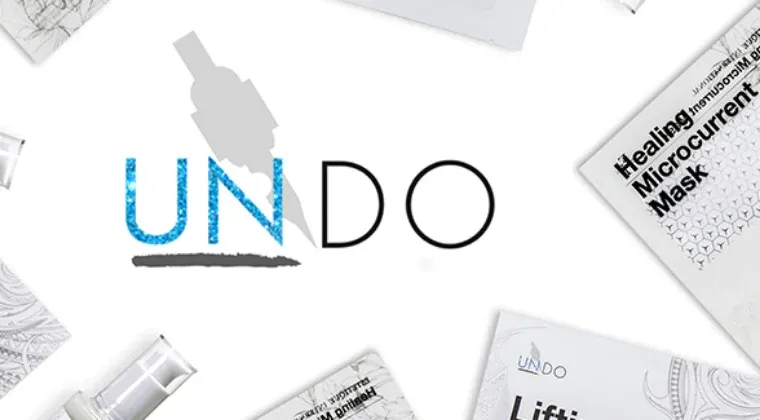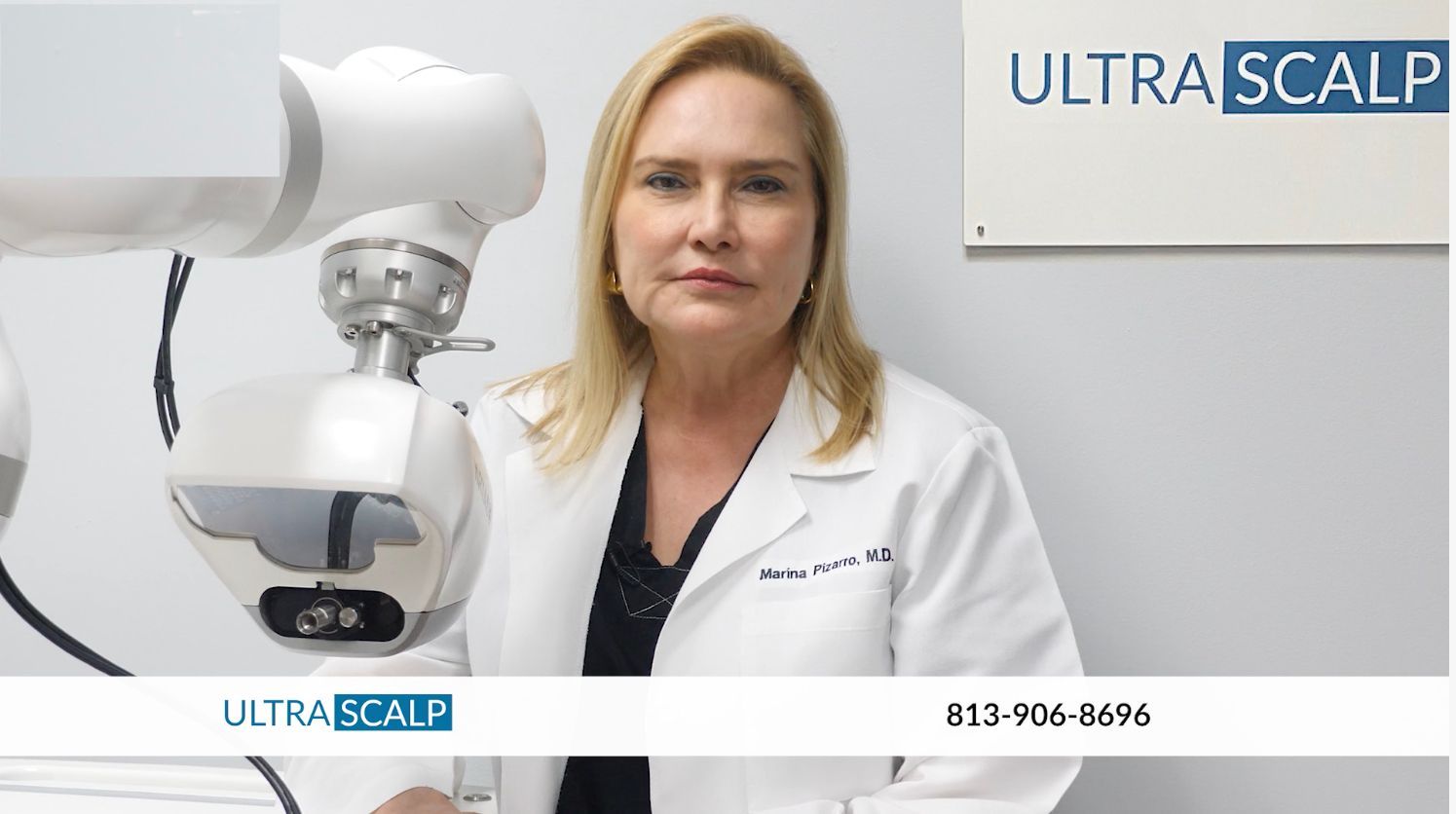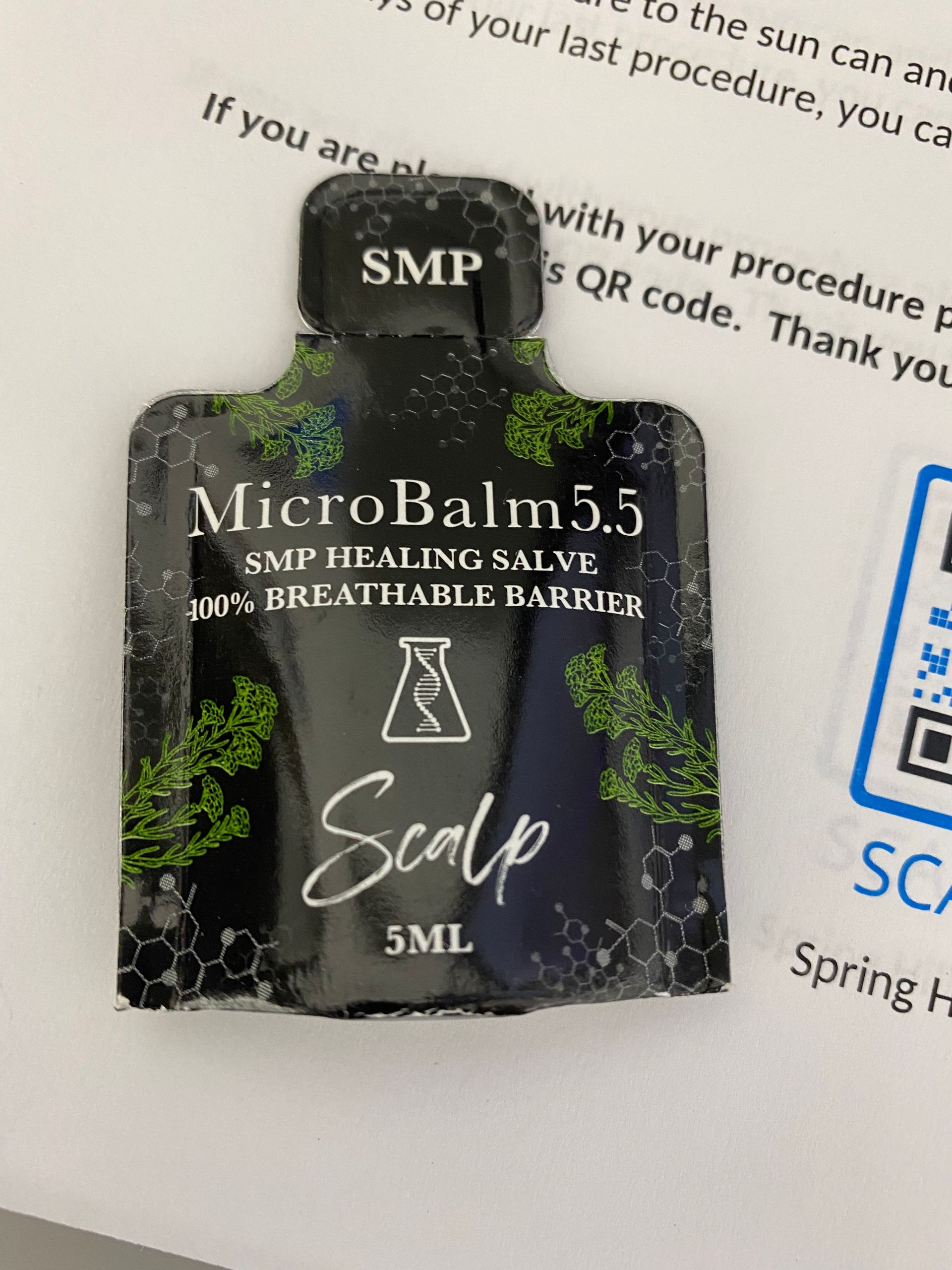Natural Ways to Prevent Hair Loss
Introduction: Understanding Hair Loss
Hair loss, a concern that haunts many, can be a challenging issue to tackle, especially if not understood properly. It's not just about finding strands of hair on your pillow or in your shower drain; it's about the frustration and the hit to your self-esteem. As residents of vibrant Tampa, Florida, you strive for a lifestyle that's active, healthy, and confident. So when hair loss becomes a roadblock in this journey, it's no surprise that you're seeking solutions.
But before delving into the plethora of remedies and treatments available, it's crucial to understand what hair loss really is. Hair loss, also known as alopecia, can occur in various forms, from the gradual thinning of hair with age to more specific patterns like male pattern baldness. It's not a 'one size fits all' condition – the causes, patterns, and solutions can greatly vary from person to person.
In the following sections, we will explore the various causes of hair loss, from genetic factors to damaging haircare practices. Furthermore, we'll dive into a range of solutions from dietary changes and natural remedies to medical treatments and procedures, including the innovative Scalp Micropigmentation (SMP) services offered by Ultra Scalp Micropigmentation Tampa.
Whether you're a man or a woman, understanding hair loss and its prevention can empower you to take control of your hair health and regain the confidence that accompanies a full, healthy head of hair. Let's embark on this journey of understanding and tackling hair loss together!
Causes of Hair Loss
Hair loss can be a complex issue and is often the result of a combination of factors. The leading causes of hair loss range from genetic factors and hormonal changes to stress, certain medical conditions, medications, and damaging haircare practices. Let's delve into each of these in more detail.
Genetic Factors and Hair Loss
Hair loss often runs in families. This type of hair loss, known as androgenetic alopecia or male/female pattern baldness, typically occurs gradually and in predictable patterns. The severity of hair loss can vary from person to person, with some experiencing it as early as their teens or early 20s, while others may not notice any significant changes until their 60s.
Hormonal Changes and Hair Loss
Hormonal changes can also play a significant role in hair loss. Conditions like pregnancy, childbirth, menopause, and thyroid problems can cause temporary or permanent hair loss. In particular, dihydrotestosterone (DHT), a hormone linked to hair loss in all genders, can cause the hair follicles to shrink, ultimately leading to hair thinning and loss.
Stress and Hair Loss
Believe it or not, stress can contribute to hair loss. Psychological stress can trigger conditions like alopecia areata, where the immune system attacks the hair follicles, and telogen effluvium, which alters the number of hair follicles actively growing hair. Stress can also lead to trichotillomania, a hair-pulling disorder.
Medical Conditions and Hair Loss
Certain medical conditions can cause hair loss. These include autoimmune diseases like lupus and rheumatoid arthritis, scalp infections, and skin disorders. Radiation treatment for cancer can also result in hair loss. Not to forget, scarring or cicatricial alopecia, a condition where inflammation destroys the hair follicles, leading to permanent hair loss.
Medications and Hair Loss
Sometimes, the medicines you take to manage other health conditions can lead to hair loss. These can include drugs for cancer, arthritis, heart problems, gout, and high blood pressure. If you notice hair loss after starting a new medication, it's crucial to consult your doctor.
Damaging Haircare Practices and Hair Loss
Lastly, certain haircare practices can cause physical damage leading to hair loss. This includes using harsh chemicals, frequent heat styling, and wearing tight hairstyles like ponytails or braids that pull on the hair (traction alopecia). Even washing your hair in extremely hot water can damage the keratin, the protein that makes up hair strands, and strip away the natural oils that keep your scalp and hair healthy.
Understanding these causes is the first step toward finding a solution for hair loss. Once you know the root cause, it's easier to choose the best strategies, whether natural remedies, lifestyle changes, or medical treatments, to combat hair loss effectively.
Dietary Changes to Prevent Hair Loss
A balanced, nutrient-rich diet isn't just good for your overall health—it could be a secret weapon in your battle against hair loss. Let's delve into some of the dietary changes that can potentially improve your hair health and slow down hair loss.
Importance of Protein for Hair Health
Your hair is essentially protein. As such, consuming adequate amounts of high-quality protein is crucial for promoting hair growth and maintaining hair health. A 2017 study found a correlation between low protein intake and hair loss, so incorporating protein-rich foods like lean meats, fish, and legumes into your diet could be beneficial.
The Mediterranean Diet and Hair Loss
The Mediterranean diet, known for its richness in fruits, vegetables, whole grains, and healthy fats, might be a recipe for preventing hair loss. A 2017 study in Archives of Dermatological Research found that the herbs and vegetables in the Mediterranean diet could decrease the risk of androgenetic alopecia, or pattern baldness, in males. Including more Mediterranean diet staples, such as leafy greens, olive oil, and fish, could be a delicious and healthy way to fight hair loss.
Role of Omega Fatty Acids in Hair Health
Omega fatty acids, especially omega-3 and omega-6, are known for their role in skin and hair health. They help maintain the natural oils on your scalp, keeping it hydrated and promoting healthier hair. Foods like salmon, flaxseeds, and walnuts are rich in these essential fatty acids and could help improve the health of your hair.
Vitamins and Supplements for Hair Health
Vitamins and minerals play a significant role in hair health. A deficiency in certain nutrients can lead to hair loss. According to a 2019 review in Dermatology and Therapy, vitamins and minerals including selenium, vitamins B, D, A, C, E, and zinc could potentially help prevent hair loss.
While the role of vitamins and minerals in hair loss remains unclear, supplements designed for hair health can be a valuable addition to your diet. They often contain these essential nutrients, providing an easy way to ensure you're getting the daily recommended amounts. However, it's important to consult a healthcare provider before starting any supplement regimen.
Incorporating these dietary changes into your lifestyle can not only improve your overall health but also potentially slow down hair loss and promote hair growth. It's important to note that while these changes can be beneficial, they may not be a standalone solution for everyone. For more personalized advice and treatments, consult with a hair loss specialist, such as those at Ultra Scalp Micropigmentation Tampa.
Natural Remedies for Hair Loss
There's no denying that hair loss can be a distressing experience, but thankfully, nature provides us with a plethora of remedies that can help combat this issue. From scalp massages to essential oils, these natural treatments can help nourish your scalp, stimulate hair growth, and protect your hair from further damage.
Scalp Massage for Hair Growth
Scalp massages are a simple yet effective way to stimulate hair growth. They work by improving blood circulation to your hair follicles, delivering vital nutrients that promote growth and rejuvenate your hair. Not only does a good scalp massage potentially boost hair growth, but it also offers a relaxing, therapeutic experience that can help reduce stress, a known contributor to hair loss.
Aloe Vera for Hair Health
Aloe Vera, a plant praised for its numerous health benefits, is also a powerful ally in the fight against hair loss. Its natural enzymes can help soothe and moisturize the scalp, reducing inflammation and dandruff that can inhibit hair growth. Regularly applying aloe vera gel to your scalp can help create a healthy environment for your hair to grow.
Coconut Oil for Hair Protection
When it comes to hair health, coconut oil is a superstar. Its rich fatty acid content penetrates deep into the hair shaft, protecting your hair from protein loss and damage. Coconut oil also moisturizes the scalp and has antibacterial properties that can help keep scalp infections at bay. Regular use of coconut oil can strengthen your hair, prevent breakage, and promote a healthy, shiny appearance.
Onion Juice for Hair Growth
While it may seem unconventional, onion juice has been studied for its potential hair growth benefits. Onion juice is rich in sulfur, which helps nourish hair follicles and promotes hair growth. It is also believed to improve blood circulation to the scalp and may have anti-inflammatory and antimicrobial properties that promote a healthy scalp.
Essential Oils for Hair Loss
Essential oils are a potent natural remedy for hair loss. Oils such as rosemary, lavender, and peppermint have been shown to stimulate hair growth. They can be mixed with a carrier oil like coconut or jojoba and massaged into the scalp to improve circulation and promote a healthier scalp. Remember, essential oils are potent, so always use them diluted and do a patch test first to ensure you don't have an adverse reaction.
Utilizing natural remedies for hair loss can be a beneficial addition to your hair care routine. However, for those seeking a more comprehensive and long-lasting solution, treatments like Scalp Micropigmentation (SMP) at Ultra Scalp Micropigmentation Tampa can provide advanced, non-surgical alternatives that address hair loss at its core. It's all about finding the right combination of treatments that suits your unique needs and helps you regain your confidence.
Medical Treatments and Procedures for Hair Loss
As we delve deeper into the world of hair loss solutions, it's worth exploring some of the popular medical treatments and procedures designed to combat hair thinning and loss. These include over-the-counter medications, laser therapy, platelet-rich plasma injections, and the revolutionary Scalp Micropigmentation (SMP) services offered by Ultra Scalp Micropigmentation Tampa.
Over-the-Counter Medications for Hair Loss
Over-the-counter medications such as minoxidil, commonly known as Rogaine, can help slow hair loss and even stimulate new growth. This topical treatment is applied directly to the scalp and has been approved by the U.S. Food and Drug Administration (FDA) at a 5% strength. While it's a commonly used solution, it's important to note that it may take up to 12 months of regular use to see noticeable results.
Laser Therapy for Hair Growth
For those seeking a non-invasive approach, low-level laser therapy (LLLT) can be a promising option. This therapy utilizes low-intensity lasers to stimulate hair follicles and improve blood circulation to the scalp. Devices such as laser caps or combs can be used to administer the treatment at home, making it a convenient option for many.
Platelet-Rich Plasma Injections for Hair Growth
Platelet-Rich Plasma (PRP) therapy is another innovative, non-surgical hair loss treatment that's gaining traction. PRP therapy harnesses the healing power of your own blood. Platelets are extracted from your blood and injected into the scalp, where they release growth factors that stimulate hair follicles, promoting hair growth and improving hair thickness.
Scalp Micropigmentation (SMP) Services
Last but not least, Scalp Micropigmentation (SMP) services offered by Ultra Scalp Micropigmentation Tampa provide a cutting-edge, non-surgical solution for hair loss. This technique involves the precise application of pigments on the scalp to replicate the appearance of natural hair follicles. It's suitable for addressing various hair loss issues, from receding hairlines to bald spots, and it can provide a significant boost to your confidence by delivering natural-looking, long-lasting results.
While each of these treatments or procedures has its unique benefits, it's crucial to consult with a specialist who can guide you towards the most suitable solution for your specific hair loss situation. In the end, the goal is to regain your confidence and embrace a fuller, more vibrant you.
Hair Care Practices to Prevent Hair Loss
Now that we've explored dietary changes, natural remedies, and medical treatments for hair loss, let's delve into the hair care practices that can help prevent hair loss. By making a few simple changes to your daily routine, you can significantly reduce the risk of hair loss and maintain a healthy head of hair.
Regular Washing and Conditioning
Cleanliness is the first step towards healthy hair. Regular washing and conditioning of your hair is essential to maintain scalp hygiene and reduce the risk of infections that can lead to hair loss. Use a gentle shampoo to get rid of dirt and excess oils, and follow up with a good conditioner to replenish moisture and keep your hair soft and manageable.
Avoiding Harsh Styling Practices
While styling can make your hair look fabulous, certain practices can be damaging and contribute to hair loss. Excessive heat styling, tight hairstyles, and harsh chemical treatments can lead to hair breakage and thinning. To prevent this, try to minimize the use of heat styling tools, opt for loose hairstyles, and use natural products whenever possible.
Protecting Hair from Sunlight and UV Light
Just like your skin, your hair can also suffer damage from sun exposure. Sunlight and other sources of ultraviolet light can make your hair dry, brittle, and prone to breakage. To protect your hair, wear a hat or use a UV-protective hair product when you're out in the sun.
Quitting Smoking to Prevent Hair Loss
Yes, you read that right! Smoking can be detrimental to your hair health. Studies have shown that smoking can lead to hair thinning and even premature graying. The harmful toxins in cigarettes can damage the hair follicles, leading to hair loss. If you're a smoker, quitting can be a significant step towards preventing hair loss and improving your overall health.
In conclusion, effective hair care practices are a vital part of preventing hair loss. By incorporating these habits into your daily routine, you can boost your hair health and fend off hair loss. Remember, your hair is a reflection of your overall health, so taking care of it is an integral part of your wellbeing.
Taking a Holistic Approach to Prevent Hair Loss
Caring for your hair and preserving its health isn't a singular act, but a combination of several measures working harmoniously. A holistic approach to preventing hair loss encompasses a balanced diet, the use of beneficial hair care products, lifestyle modifications, and considering non-surgical treatments like scalp micropigmentation in Tampa when necessary.
Nutrition plays a pivotal role in hair health, with protein, omega fatty acids, and certain vitamins and supplements all contributing to stronger, healthier hair. Similarly, adopting natural remedies such as scalp massage and the use of natural ingredients like aloe vera, coconut oil, or onion juice can be beneficial in maintaining hair health.
Regular washing and conditioning, protecting your hair from sunlight and UV light, and quitting smoking are also significant steps towards averting hair loss. Over-the-counter medications, laser therapy, and platelet-rich plasma injections might also be effective, depending on the individual's needs.
In Tampa, Ultra Scalp Micropigmentation provides services like scalp micropigmentation, a non-surgical treatment that offers long-lasting, natural-looking results. This solution can be a game-changer for individuals struggling with hair loss, offering them a boost of confidence and an improved self-image.
Preventing hair loss involves a comprehensive, multi-faceted approach. By combining dietary changes, natural remedies, adequate hair care practices, and considering non-surgical treatments, you can effectively manage hair loss and restore your confidence. Taking action against hair loss is not just about improving your appearance but also about enhancing your overall wellbeing. Remember, every strand counts!






